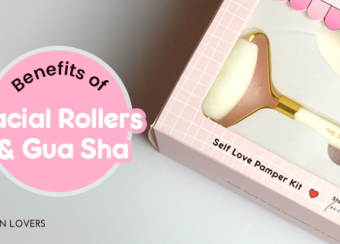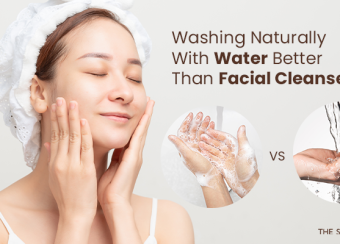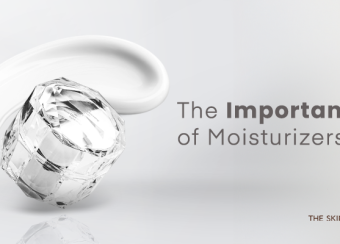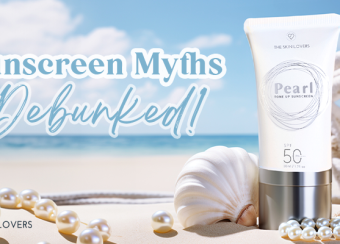Sunscreen Vs Sunblock
September 15, 2023 2023-11-07 13:46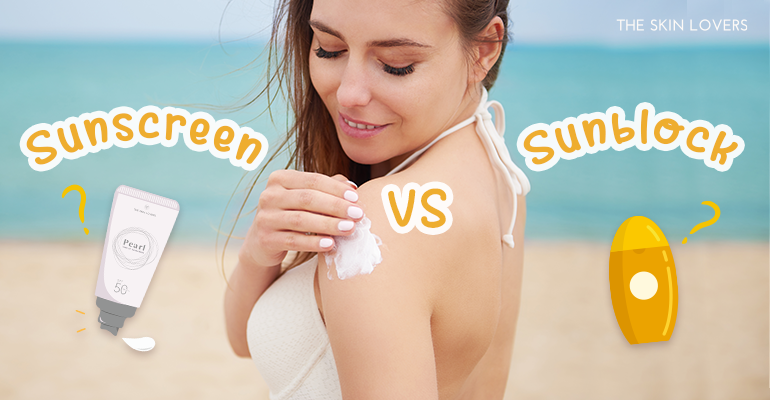
Sunscreen Vs Sunblock
As you walk into your local pharmacy or browse through multiple stores online to look for the perfect sunscreen to protect your skin, you encounter the word ‘sunscreen’ and ‘sunblock’ . Your main goal is to protect your skin from harmful UVA and UVB rays. But what is the difference between ‘sunscreen’ and ‘sunblock’? Is there a difference if I pick one over the other? They should provide the same function right? There is a big difference between the two. Hence, we shall explain the difference between sunscreen & sunblock to untie that stress knot in your head.
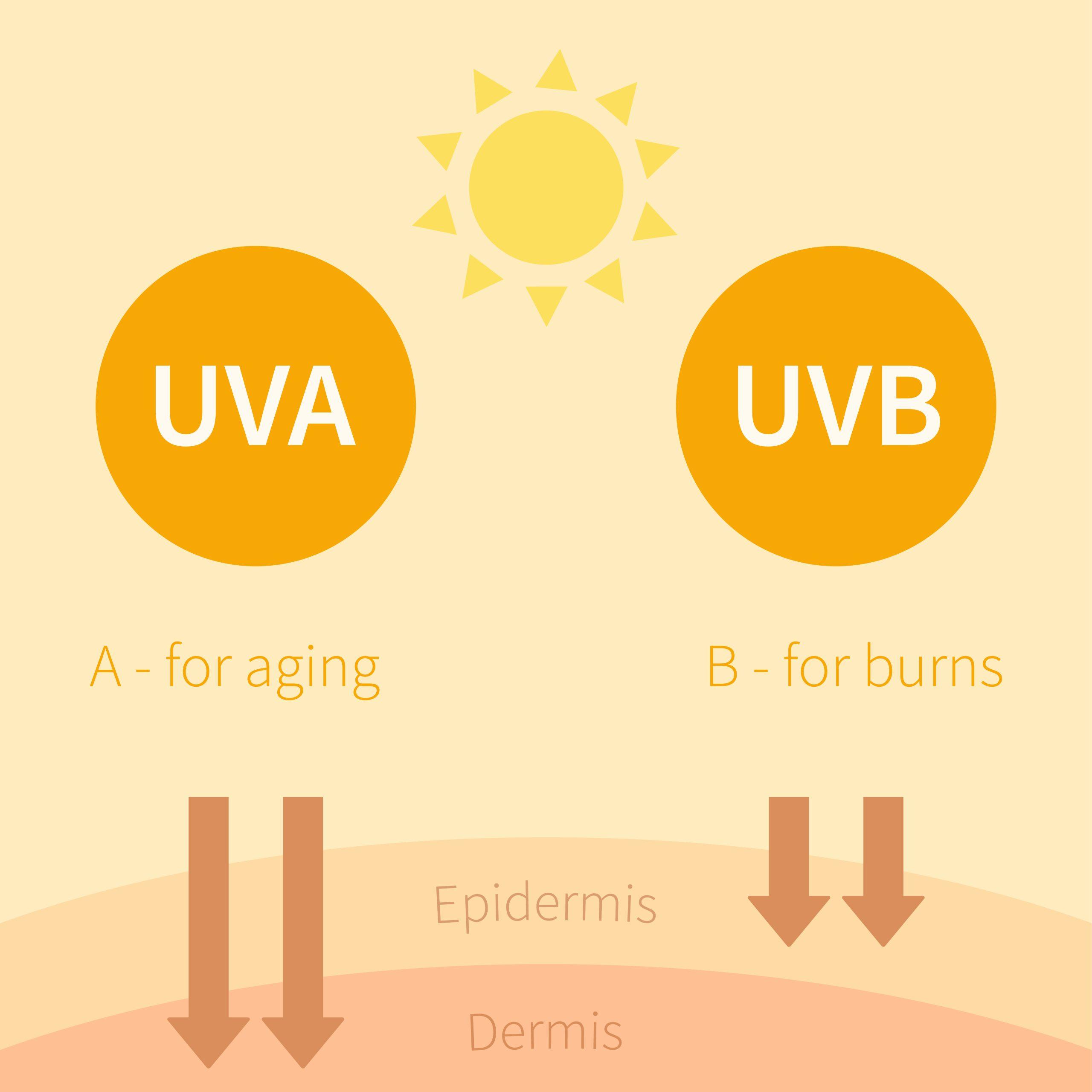
UVA Vs UVB Rays
Ultraviolet A (UVA) consists of a longer wavelength which penetrates deeply into the skin and promotes skin aging. UVA rays promote skin cancer & wrinkles formation. Ultraviolet B (UVB) consists of a shorter wavelength that promotes skin burning, also known as sunburn. It can cause skin cancer and possibly form a dangerous skin cancer known as malignant melanoma. Although both rays can affect your skin differently, it can still cause serious harm like promoting damages to your eyes and weakening your immune system.
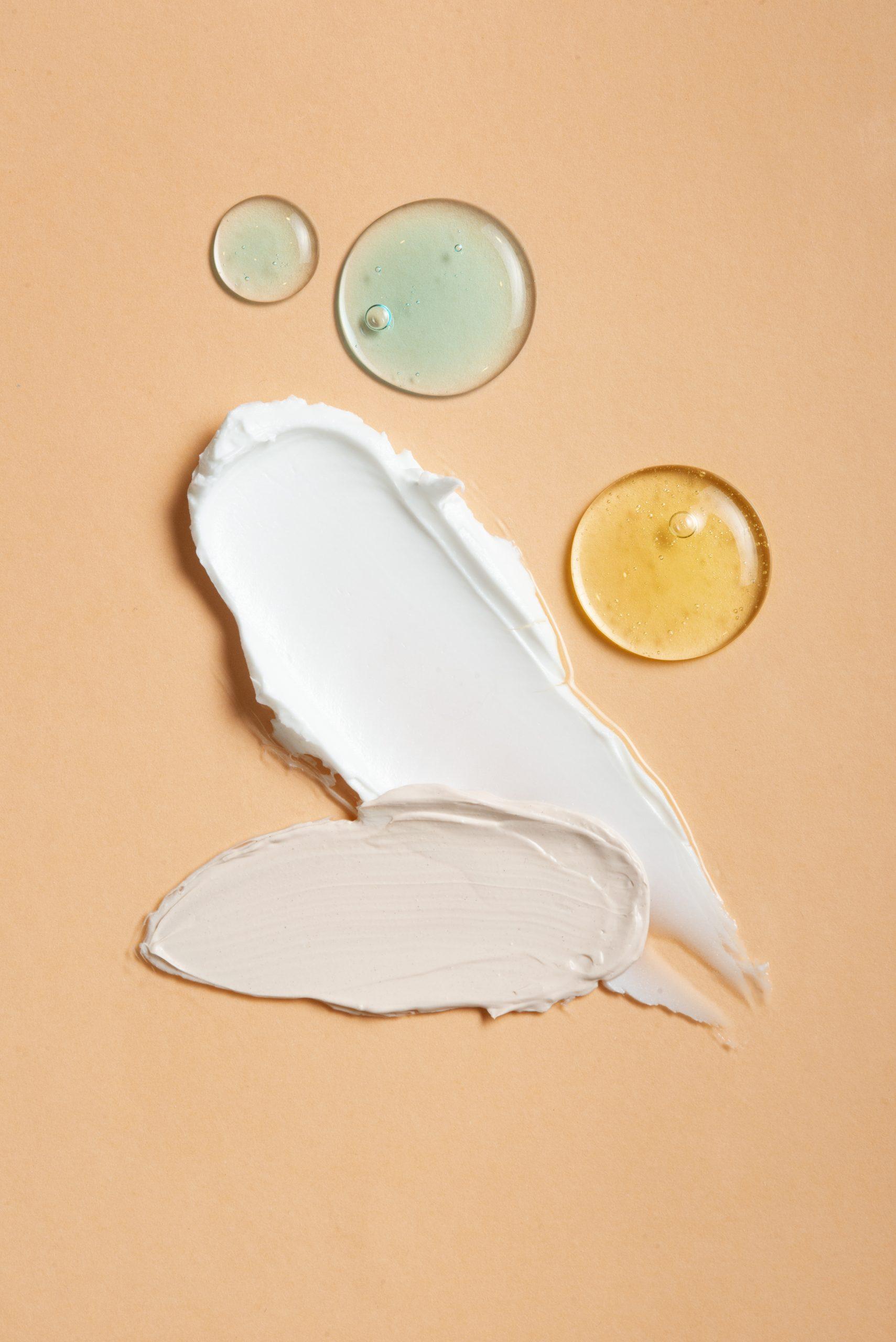
Ingredient Components
Sunscreen mainly consists of an organic chemical compound such as octyl methoxycinnamate, octyl salicylate, oxybenzone, avobenzone and ecamsule. Some people may be allergic to certain ingredients in sunscreen like PABA (para-aminobenzoic acid) or avoid fragrance or essential oil. That’s why it's important to check the ingredients list to avoid certain ingredients. Sunblock contains minerals ingredients like titanium dioxide or zinc oxide. This makes the formula seem thicker and opaque which makes it harder to spread all over the body. Some people may not like wearing sunblock because it feels thick on the skin and it may leave a white streak if not smoothen out properly. However, nowadays there are many sun protection brands that consist of a blend of sunscreen & sunblock.

Different Functionality
Sunscreen relies on a chemical reaction by absorbing UV light, converting it into heat then releasing it from the skin. Sunblocks form a physical barrier between your skin and the UV rays, reflecting the UV rays aways. Hence, the word ‘block’. Generally, sunscreens are designed to protect our skin from UVA rays that promote skin damage. While sunblock are created to stop damages caused by UVB rays such as sunburn. Fortunately, many sunscreen or sunblock brands have been formulated to tick both boxes to prevent wrinkles and sunburn while giving additional beneficial properties such as skin hydration or toning up skin.
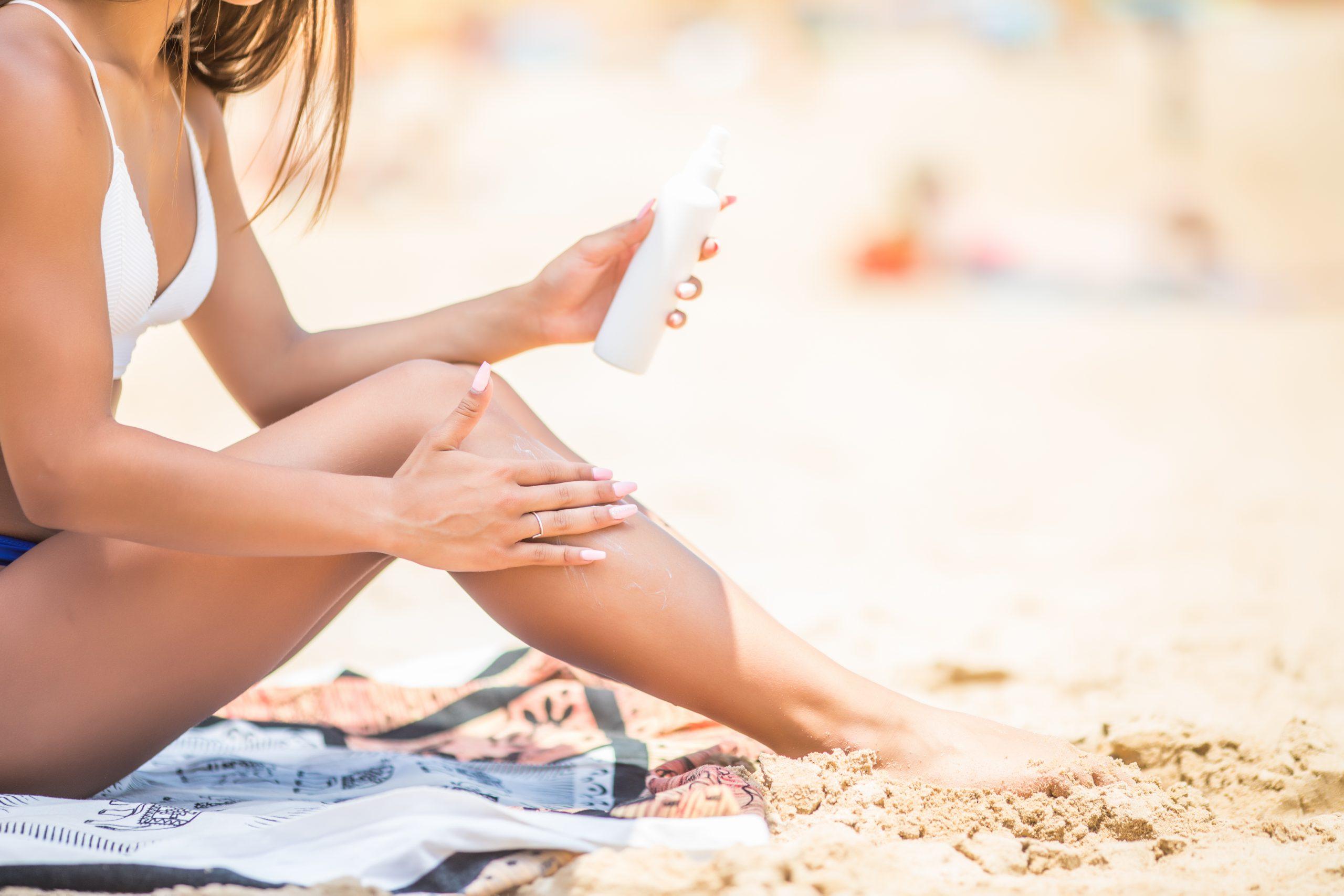
Application Methods
Sunscreen and sunblock have different application methods. Sunscreen requires you to rub into the skin for the UV rays to be absorbed and released as heat. The application is thin and easy to apply. As for sunblock, you may simply slather onto your skin without rubbing it in. However, you will need to apply it evenly since it's acting like a physical barrier. It is best to reapply every 2 hours to avoid skin damage exposure from the sun. Be sure to apply your sunscreen onto any exposed part of your skin no matter how small such as your face, ears, neck, arms and legs.


